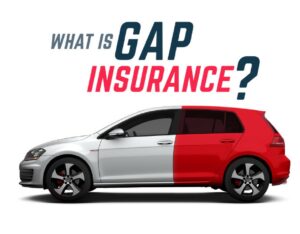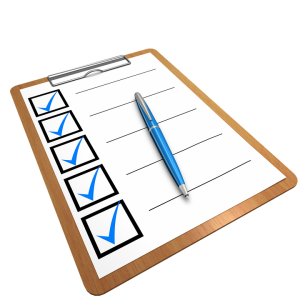
Courtesy of iii.org
Having your vehicle stolen is bad enough, but carjacking—having it taken while you’re behind the wheel—is potentially dangerous, even lethal. Foil would-be car thieves and keep yourself safe with these precautions.
Having your vehicle stolen is bad enough, but carjacking—having it taken while you’re behind the wheel—is potentially dangerous, even lethal. Foil would-be car thieves and keep yourself safe with these precautions.
Motor vehicle theft takes a human as well as a financial toll
A motor vehicle—car, SUV, truck, bus or motorcycle—is stolen in the United States approximately every 45 seconds. In addition, parts of cars, like airbags and catalytic converters (which are stolen for their recycling value) are stolen out of the cars themselves. Cars and car parts stolen in the United States often wind up on overseas markets, making recovery impossible.
And, though armed auto theft represents a small percentage of the incidents, carjacking is a violent crime that can add a dire emotional toll and even bodily harm to the financial loss.
Auto theft is covered under the comprehensive portion of a car insurance policy. However, as always, it’s better to prevent a loss than to deal with the fallout of having your vehicle stolen.
Prevent motor vehicle theft
There are a number of things that make your vehicle attractive to thieves—including make, model and the value of certain parts. Know that it’s not always the most valuable, the flashiest or the most expensive car makes and models that are most desirable. So whatever your car, don’t make it convenient for would-be criminals. Take these precautionary measures—and check with your insurer; some may even help lower your premium.
- Keep your doors locked and windows shut anytime you’re not in your car, even for a few minutes.
- Make valuables invisible. Don’t give thieves more motivation to break into your car. If you have to leave personal property in your car, keep it in the trunk. Even in areas you think are safe, don’t leave a purse or other valuables on the car seat unattended.
- Park in secure, highly trafficked and well-lit areas. In public parking garages or areas, stay as close as possible to guard booths or store entrances. Best case, keep your car in a garage and always lock the door to your home garage.
- Make use of anti-theft devices. Use a security device like a steering wheel lock or a gearshift column lock—the more difficult it is to take the car, the less likely a would-be thief will target your vehicle. Most new cars include tracking devices, which can help locate a stolen car, but these are available for purchase and installation into older cars, as well. Check with your insurance pro about how your anti-theft device might qualify you for a discount.
- Exploit your vehicle identification (VIN) number. The VIN number is utilized by a number of law enforcement agencies and databases and insurance databases to make it harder for car thieves to sell a stolen car or its parts.
The VIN is usually found on the dashboard on the driver’s side of the car. Mark your VIN prominently: Use paint or an indelible marker to put the VIN under the engine hood and trunk lid and on the battery. This will make it harder for thieves to unload the car, and make it easier for the police to identify the vehicle if recovered.
If the worst happens and your car is stolen, you’ll want to file a police report. Then check that your policy covers car theft and get the claims process started. Notify your insurance professional about the incident as soon as possible—the longer you wait, the harder it will be to remember the details. Note that many insurance companies now use mobile apps, which can help you get the claims filing process started immediately.
Prevent carjacking
Although carjacking is relatively rare, because carjackers are armed when they commit their crimes, it is especially dangerous. Avoid being a carjacking target with these additional precautions:
- Always have your mobile phone handy—and charged.
- Avoid being alone in your vehicle in certain areas, such as high crime neighborhoods, isolated roads and intersections and desolate areas of parking lots.
- Be aware of your surroundings. Pay special attention to people who seem to be lurking or cars that suspiciously follow you into driveways. Call 911 and use your key fob or other car alarm if you feel a threat.
- Be wary of how carjackers lure victims. These include bumping your car, pretending to be stranded motorists or flashing their lights as if there were something wrong with your car. In each of these scenarios, you might be tempted to pull over—only to have your car taken. Stay inside with the windows shut and the door locked and, if you feel a threat, drive to the nearest police or fire station.
- Practice safe parking. Stick to well-lit areas. If you have any doubts about where you parked after the fact, find a security guard to accompany you to your vehicle.
- Don’t sit in your car with the door unlocked or the windows rolled down.
- Don’t stop at isolated ATMs, which might put you and your bank accounts as well as your car in danger.
 Courtesy of
Courtesy of  Courtesy of
Courtesy of  Courtesy of
Courtesy of  Courtesy of
Courtesy of